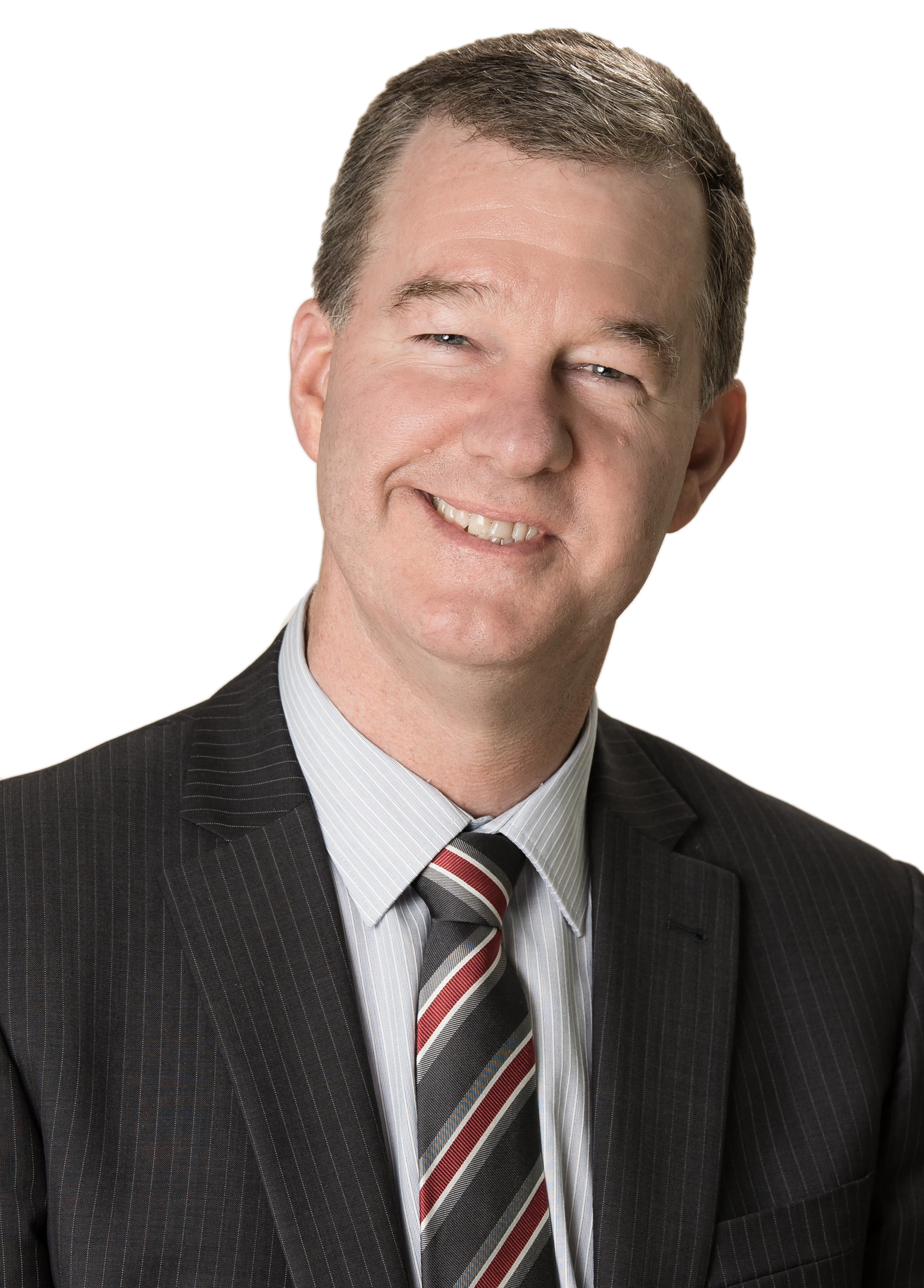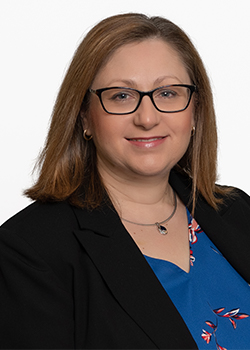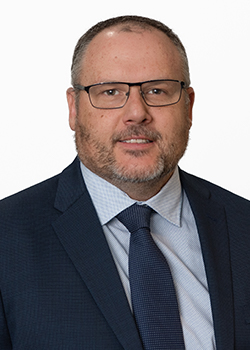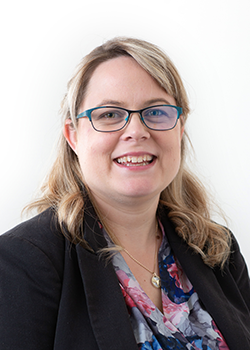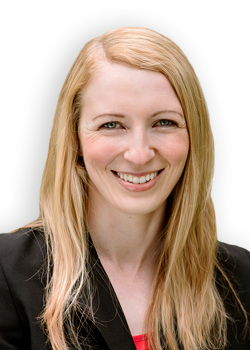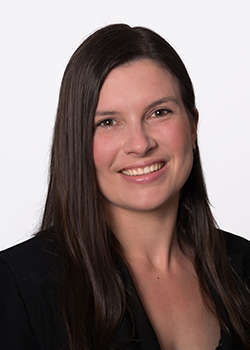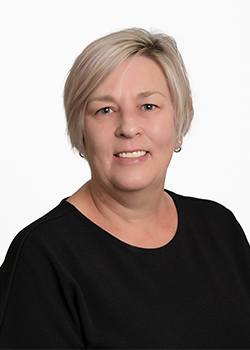When super isn't compulsory

In reality, the position is far different.
A research paper* from the Association of Superannuation Funds of Australia (ASFA) reminds us that a “substantial proportion” of Australia’s workforce is self-employed and therefore does not receive superannuation guarantee (SG) contributions.
In other words, they are out in the super cold – unless they are among the small minority of the self-employed who make voluntary contributions or who have built-up some super savings from past employment.
Based on Australian Bureau of Statistics data, ASFA’s paper points out that 1.267 million people or about 10 per cent of our total workforce, as at August 2017, were owner-managers of unincorporated small businesses as their main occupation.
And the percentage of the workforce that is self-employed and uncovered by compulsory super contributions is expected to rise with the seemingly-relentless growth of the gig economy.
Here’s another key statistic. Some 20 per cent of the self-employed have no super whatsoever compared to 8 per cent of employees.
Critically, any super held by the self-employed is often extremely small, arising from whenever they have been classified as employees and eligible for compulsory contributions. Often, their modest super savings arise from the time they first joined the workforce and from occasional employment.
It seems paradoxical that the self-employed are among the most enthusiastic supporters of self-managed super when the majority of the self-employed have little or no super.
What can a self-employed person take to make that they don’t miss out on super? Here are a few tips:
- Try to make regular contributions as if employed: Think about making contributions that are at least the equivalent of the compulsory contributions you would have received if employed. (The superannuation guarantee rate is currently 9.5 per cent of an employee’s ordinary earnings up to a maximum salary amount.)
- Claim a tax deduction for concessional contributions: The self-employed can claim tax deductions for their concessional (before-tax) contributions. The annual concessional cap for all eligible super fund members is $25,000. (Concessional contributions comprise compulsory contributions, salary-sacrificed contributions and personally-deductible contributions by eligible self-employed individuals and investors.)
- Contribute early, contribute often and contribute as much as you can afford: By following this disciplined approach, you will reduce the chances of being left behind employees with your super savings.
- Look for opportunities to contribute more: If you receive, say, an inheritance or sell a non-super investment, consider contributing some of the money to super within the contribution caps. (The standard non-concessional, after-tax, contributions cap is $100,000 for 2018-19. Fund members under 65 have the option of contributing up to $300,000 in non-concessional contributions over three years, depending upon their total super balance.)
- Think carefully before cutting your contributions if cash is tight: A temptation for the self-employed is to cut super contributions if business cash-flow becomes tight. Consider the long-term implications for your retirement savings of reducing your contributions; there may be other ways for your business to save money.
- Don’t overlook the insurance side of super: Most Australians with life and permanent disability insurance obtain at least default cover through their large super funds. And many of the self-employed also choose to hold income-protection insurance through their funds.
- Aim to obtain asset protection with super: Self-employed business owners sometimes seek advice about how their super savings may be protected in the unfortunate event of a future bankruptcy – subject to claw-back provisions in bankruptcy law.
- Watch for a gig-economy super trap: Understand that employers are not obliged to make super guarantee contributions for employees earning less than $450 a month before tax. This means, for instance, that employees making up their incomes doing a number of part-time jobs for different employers may fall below the threshold for each.
- Guide young family members towards super: If you have young family members working in the gig economy, perhaps in a series of part-time jobs, consider talking to them about the benefits of making voluntary super contributions.
Most of us have probably heard a self-employed business owner say “my business is my super” or similar words. Their expectation is often to eventually sell their businesses to raise enough capital to finance their retirement. But how realistic are those expectations?
As a past ASFA research paper points out that while some of these businesses may have a value of “a million dollars or more”, others may be worth may worth “little more than the market value of a second-hand utility or truck and some tools of trade”.
*Superannuation balances of the self-employed by Andrew Craston, Association of Superannuation Funds of Australia, 2018.
Written by Robin Bowerman
Head of Corporate Affairs at Vanguard.
05 February 2019
vanguardinvestments.com.au

